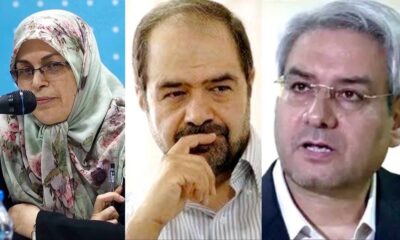Latest News
IRC warns of growing crisis in Afghanistan amid aid funding cuts
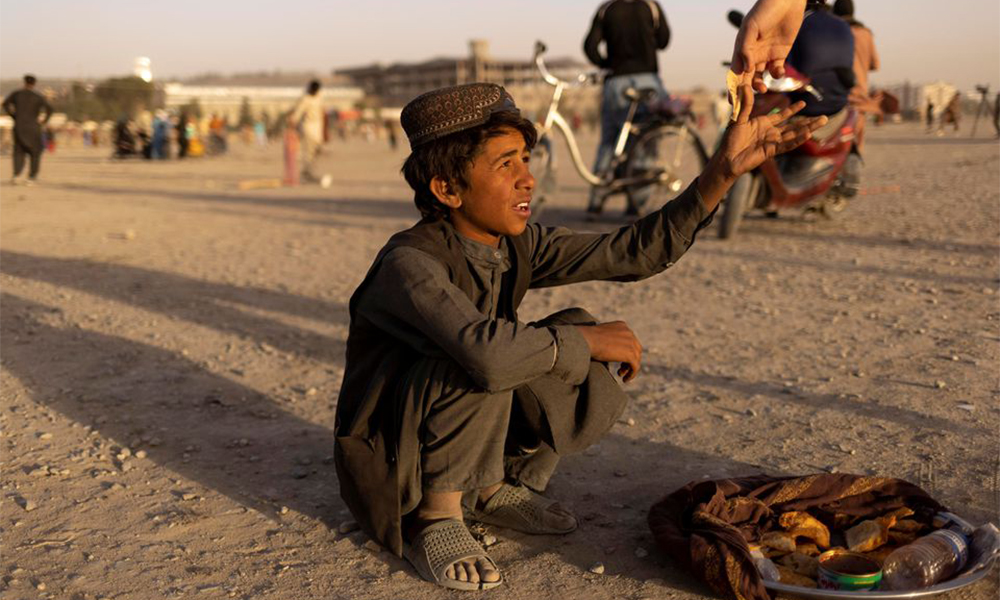
The International Rescue Committee (IRC) has warned that cuts to humanitarian aid for Afghanistan have contributed towards a 60% increase in the number of people in need of assistance, alongside economic challenges, climate change, and reduced access to basic services.
Just 23% of required funds for this year’s humanitarian response plan have been received, the IRC said in a statement Tuesday.
However, the organization stated that despite major obstacles, the humanitarian response has successfully averted famine for the past two winters in a row thanks to donor commitment to sustaining support for Afghan civilians.
“The significant scale-up of the humanitarian response has brought the number of people on the brink of famine down by nearly 3 million this year alone – a remarkable feat that helped young children, who are most vulnerable during a food crisis, especially,” the statement read.
Salma Ben Aissa, IRC Afghanistan Director, said: “Since August 15th 2021, Afghanistan has continued to suffer from a rapid economic collapse. Ordinary Afghans have paid the price; people who previously had jobs and were self-sufficient are now reliant on humanitarian aid and many families can no longer afford to feed themselves.
“Two years later the economy remains cut off from international systems and 28.8 million people require humanitarian assistance, while nearly the entire population lives in poverty. Almost 80% of those in need are women and girls,” she said.
According to her, steps by the international community to expand and support the delivery of humanitarian aid, including through extensive sanctions exemptions, have saved countless lives.
“This year, in the face of significant challenges humanitarian actors have been able to maintain and expand their activities to deliver life saving assistance to over 17 million Afghans,” she said.
However, she stated that despite the successes achieved, the IRC is growing “deeply fearful for the future of the humanitarian response in Afghanistan in the face of continued funding shortfalls, which put millions of lives at risk.”
“This is a critical moment for Afghanistan; donors should commit to supporting the humanitarian response in a long-term and flexible manner to ensure assistance continues to reach those that need it most, and that Afghans are able to stand on their own two feet. Without this commitment, millions will continue to face hunger and an uncertain future,” she said.
Latest News
Pakistan to repatriate nearly 20,000 Afghans awaiting US resettlement
Authorities will also share verified data of the affected individuals with relevant departments to support implementation.
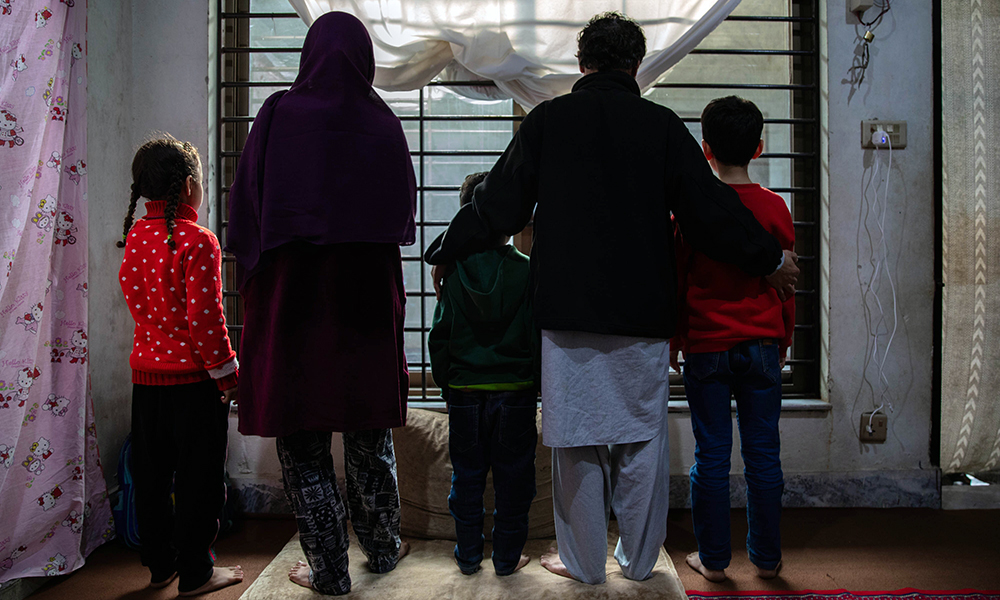
Pakistan will repatriate nearly 20,000 Afghan nationals currently awaiting resettlement in the United States, The Nation reported, citing official sources.
The move affects 19,973 Afghans living across Pakistan.
A federal directive will instruct provincial chief secretaries and police chiefs in Punjab, Sindh, Khyber Pakhtunkhwa, Balochistan, Azad Kashmir, Gilgit-Baltistan, and the Islamabad Capital Territory to begin the repatriation process immediately.
Authorities will also share verified data of the affected individuals with relevant departments to support implementation.
Following the Islamic Emirate’s return to power in 2021, more than 100,000 Afghans fled to Pakistan, many of whom had worked with the US and UK governments, international organizations, or aid agencies.
Thousands have remained stranded in Pakistan for over four years while awaiting US resettlement clearance.
Prospects for relocation have dimmed amid a suspension of case processing by the US administration, according to The Nation.
Under Pakistan’s Illegal Foreigners Repatriation Plan (IFRP), all Afghan nationals still awaiting US relocation will now be returned to Afghanistan.
Latest News
Terrorist activities observed along Afghanistan borders, says Lavrov
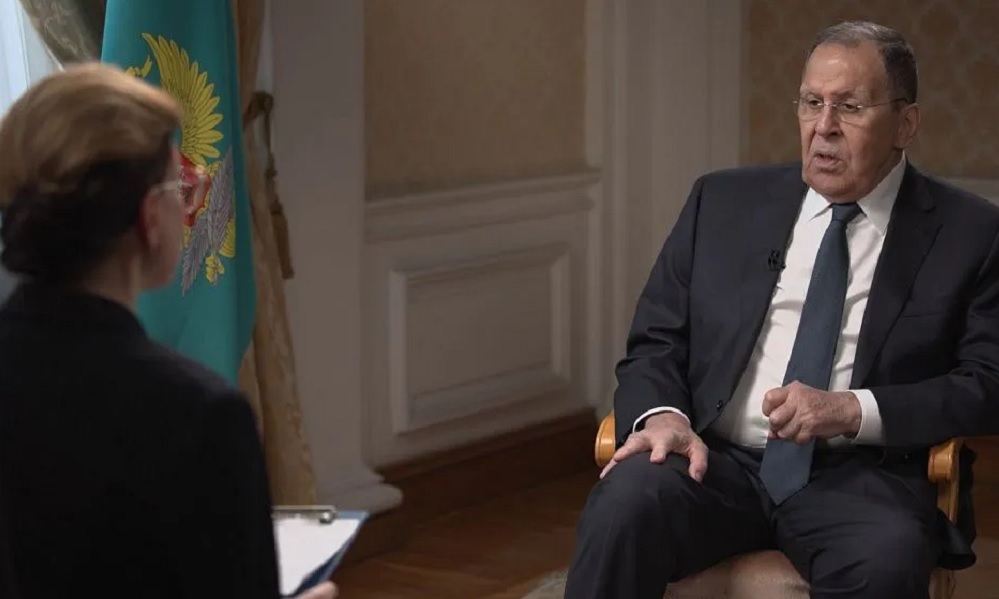
Terrorist activities continue to be observed along Afghanistan borders and along the India–Pakistan–Afghanistan corridor, Russian Foreign Minister Sergei Lavrov said in an interview published on Monday.
Speaking to Russia-based media outlet TV BRICS, Lavrov pointed to ongoing concerns in the Middle East, including its Asian regions.
He highlighted the importance of collaboration with India at the United Nations to advance a global counter-terrorism convention.
Lavrov stated that while the draft convention has already been prepared, consensus on its adoption has not yet been reached.
Russia has repeatedly expressed concern about militant threats from Afghanistan. The Islamic Emirate, however, has dismissed the concerns saying that it will not allow Afghanistan’s soil to be used against any country.
Latest News
Afghan border minister holds phone talks with Iran’s deputy foreign minister
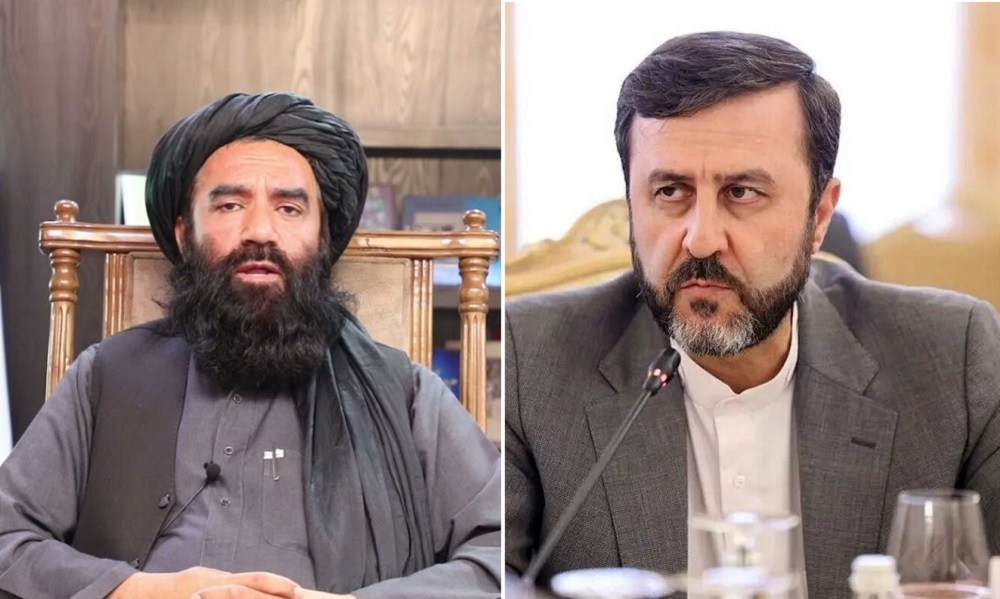
Noorullah Noori, Afghanistan’s Minister of Borders and Tribal Affairs, held a phone conversation with Kazem Gharibabadi, Iran’s Deputy Foreign Minister for Legal and International Affairs, to discuss bilateral border cooperation.
According to the Iranian news agency IRNA, both sides reaffirmed their commitment to strengthening border collaboration, with a particular focus on the ongoing renovation and updating of border markers. They also agreed to accelerate joint technical and legal meetings to enhance coordination.
As part of the agreement, the next meeting of senior border officials from Afghanistan and Iran is scheduled to take place in Iran in 1405 (2026–2027).
-

 Latest News3 days ago
Latest News3 days agoAfghanistan to grant one- to ten-year residency to foreign investors
-

 Latest News5 days ago
Latest News5 days agoTerrorist threat in Afghanistan must be taken seriously, China tells UNSC
-

 Sport4 days ago
Sport4 days agoIndonesia shock Japan to reach historic AFC Futsal Asian Cup final
-

 Sport5 days ago
Sport5 days agoMilano Cortina 2026 Winter Olympics: What You Need to Know
-

 Sport2 days ago
Sport2 days agoIran clinch AFC Futsal Asian Cup 2026 in penalty shootout thriller
-

 Latest News5 days ago
Latest News5 days agoUS Justice Department to seek death penalty for Afghan suspect in National Guard shooting
-

 Latest News3 days ago
Latest News3 days agoAfghanistan says Pakistan is shifting blame for its own security failures
-
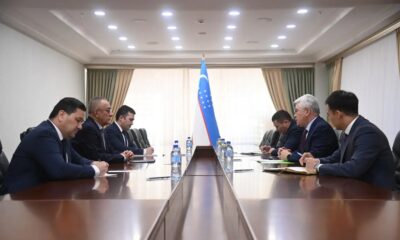
 Latest News5 days ago
Latest News5 days agoUzbekistan, Kazakhstan discuss cooperation on Afghanistan










